
While Opdivo is currently the only immunotherapy agent approved for Hodgkin lymphoma, immunotherapy strategies are beginning to emerge in other indications in the field.

While Opdivo is currently the only immunotherapy agent approved for Hodgkin lymphoma, immunotherapy strategies are beginning to emerge in other indications in the field.

Optimizing the use of neoadjuvant chemotherapy could improve outcomes for patients with ovarian cancer.
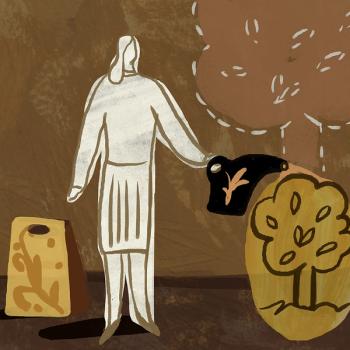
A diagnosis of metastatic breast cancer can be frightening, but education and new treatments are helping these patients adjust to their "new normal."

Patients with cognitive impairments from cancer treatment may be able to boost their brain power with a new online tool.

A new online tool will help patients with cancer engage in clearer, more meaningful conversations with their care providers.

Extending hormonal therapy to 10 years has been found to reduce recurrence in HR-positive breast cancer.

With more treatment options than ever, Maura N. Dickler discusses some of the deciding factors for patients with ER positive metastatic breast cancer.

The treatment landscape for triple-negative breast cancer is shifting as findings from trials continue to be explored.

A steroid-based mouthwash can help some women with breast cancer reduce or prevent stomatitis.

Elderly patients with head and neck cancer will now be able to get more individualized treatment plans, thanks to advances in the field, Sandro V. Porceddu says.

A program was launched to help ovarian cancer survivors combat sexual dysfunction they experience after treatment.

Researchers at the University of Alabama at Birmingham found that gardening offers many benefits to cancer survivors.

A population-based study revealed that less black women are tested or treated for BRCA mutations when compared with white and Hispanic women.

Women are reducing their risk of recurrence by extending their adjuvant therapy with an aromatase inhibitor (AI) to 10 years after treatment for their early-stage HR-positive breast cancer.
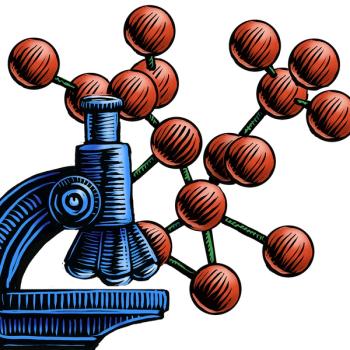
People across the nation are participating in the Metastatic Breast Cancer (MBC) Project to help researchers steer the approach in fighting the disease.

Women who received intraperitoneal chemotherapy after surgery for ovarian cancer had a reduced amount of disease progression when compared with those who received chemotherapy via IV.

A life-saving therapy for patients with prostate cancer may cause clinical depression, according to a recent study.

Oncology nurses should use evidence-based symptom interventions, such as exercise, to help their patients manage side effects like anxiety and fatigue.

Nightly fasting could reduce breast cancer recurrence, according to a study that looked at more than 2,400 women with early-stage breast cancer.

One oncology nurse took action to address skin toxicities associated with EGFR-inhibitor (EGFRI) targeted therapies.

Nurses at West Cancer Center in Memphis, Tennessee, developed a best nursing practice protocol for titration of fentanyl sublingual spray (FSS; Subsys) for breakthrough cancer pain.

Girls treated for cancer with radiotherapy in their childhood may grow up to have a higher risk of developing breast cancer if they have certain genetic mutations.
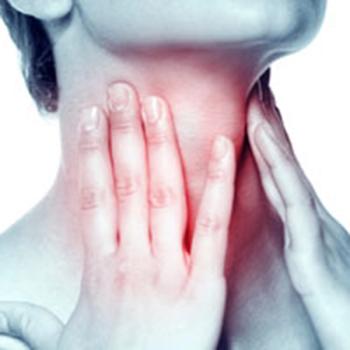
As the number of HNC survivors continues to increase, the American Cancer Society issued new guidelines for patients and their physicians.
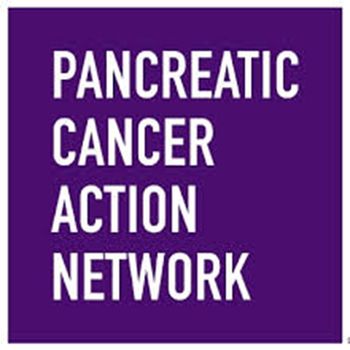
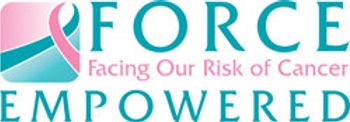
Knowing if a woman's ovarian cancer is genetic could have a huge impact not only on her treatment, but on her family as well.

According to a recent study, many patients with breast cancer are getting sent for unnecessary imaging.


Though patients and survivors often complain of chemo brain during and after treatment for cancer, a growing body of research shows that there are multiple causes behind the cognitive decline many survivors experience.

In her talk at the 2016 Cancer Survivorship Symposium, Deborah Korenstein suggested a way forward, grounded in a more individualized approach to survivorship care.

Among undiagnosed men who took regular aspirin, the risk of developing a lethal form of prostate cancer was reduced by 24 percent.